- Category
- Latest news
Russia Demands International Recognition of Russian Control Over Occupied Ukrainian Territories for "Peace"
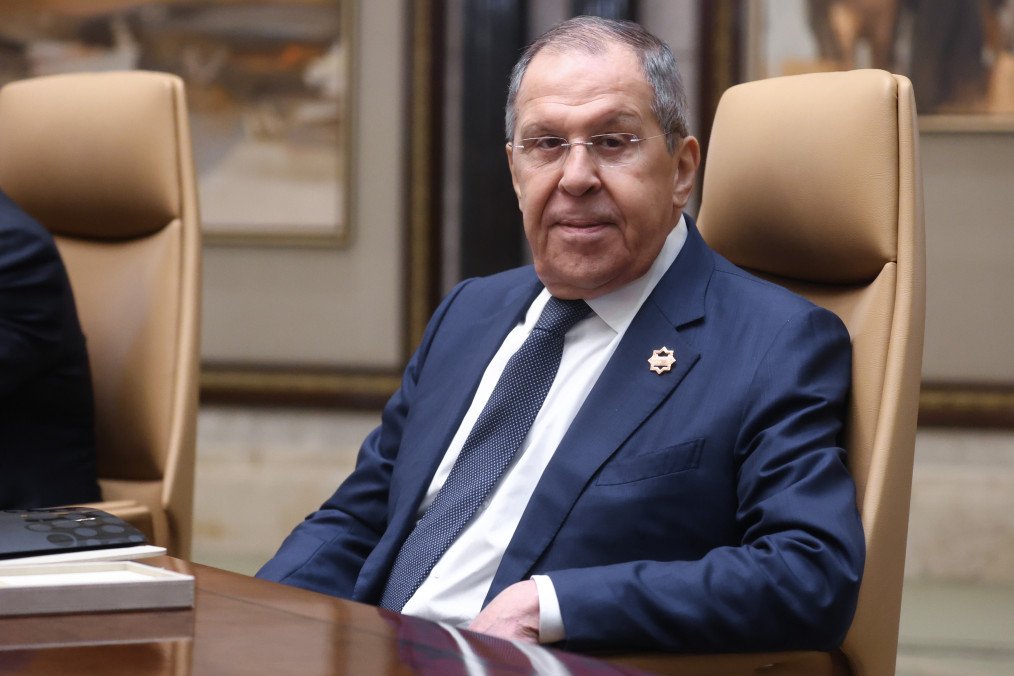
International recognition of Crimea, Sevastopol, and the Donetsk, Luhansk, Kherson, and Zaporizhzhia regions as Russian territory is a condition for peace, Russian Foreign Minister Sergei Lavrov said in an interview with the Brazilian newspaper O Globo on April 28.
“The imperative is international recognition of the Russian status of Crimea, Sevastopol, the 'DPR,' 'LPR ,' Kherson, and Zaporizhzhia. All of Kyiv’s obligations must be legally enshrined, include enforcement mechanisms, and be of indefinite duration,” Lavrov emphasized, according to Russia’s Foreign Ministry.
Lavrov also said that the agenda includes the “demilitarization and denazification of Ukraine, the lifting of sanctions, the withdrawal of lawsuits and arrest warrants, and the return of Russian assets frozen in the West.”
Russia occupied and declared Crimea and Sevastopol part of its territory in 2014, at the same time establishing control over parts of the Donetsk and Luhansk regions, including their administrative centers.
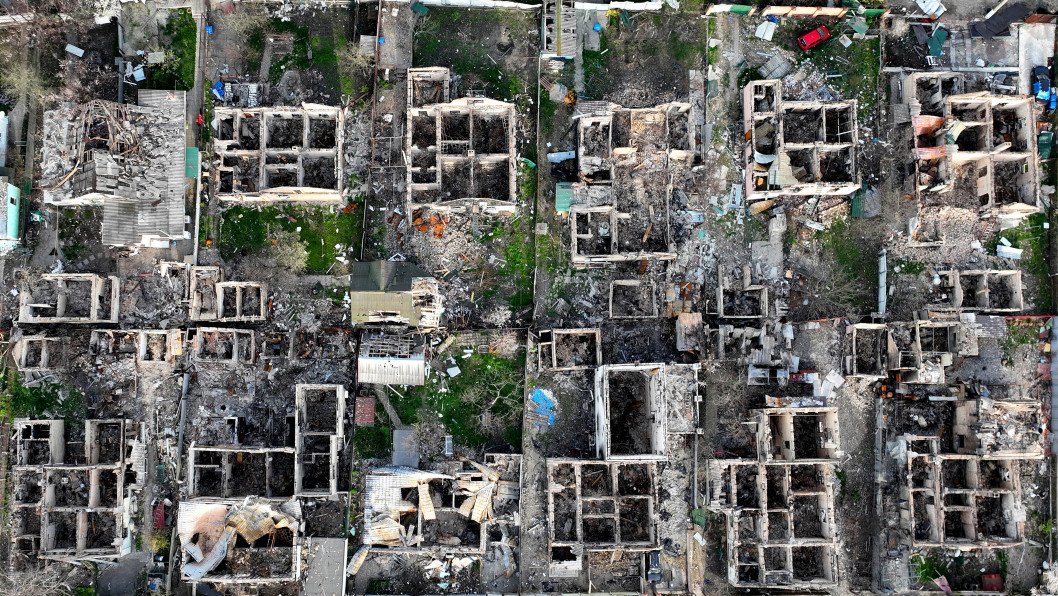
Following the full-scale invasion of Ukraine in 2022, Moscow seized nearly the entire Luhansk region, much of Donetsk, and parts of Zaporizhzhia and Kherson. However, Russia currently does not control the administrative centers of the latter two regions. Despite this, Moscow amended its constitution to formally claim all four Ukrainian regions within their administrative borders.
Lavrov outlined additional Russian demands for any settlement, including:
A guarantee that Ukraine will not join NATO, with Ukraine adopting a neutral, non-aligned status.
The elimination of what Russia calls the consequences of the "neo-Nazi regime," including the end of “the legislative and physical eradication of everything Russian.”
Legal codification of all Ukrainian obligations, backed by enforcement mechanisms and intended to be permanent.
Demilitarization and denazification of Ukraine, the lifting of all sanctions and legal actions against Russia, and the return of frozen Russian assets held in Western countries.
Security guarantees for Russia against what it claims are threats posed by NATO, the European Union, and their member states near Russia’s western borders.
Earlier, US Secretary of State Marco Rubio stated that the upcoming week would be critical for negotiations aimed at ending the war between Russia and Ukraine. According to NBC NEWS on April 27, the Secretary emphasized that Ukraine and Russia are now closer to reaching a peace agreement than at any point over the past three years.
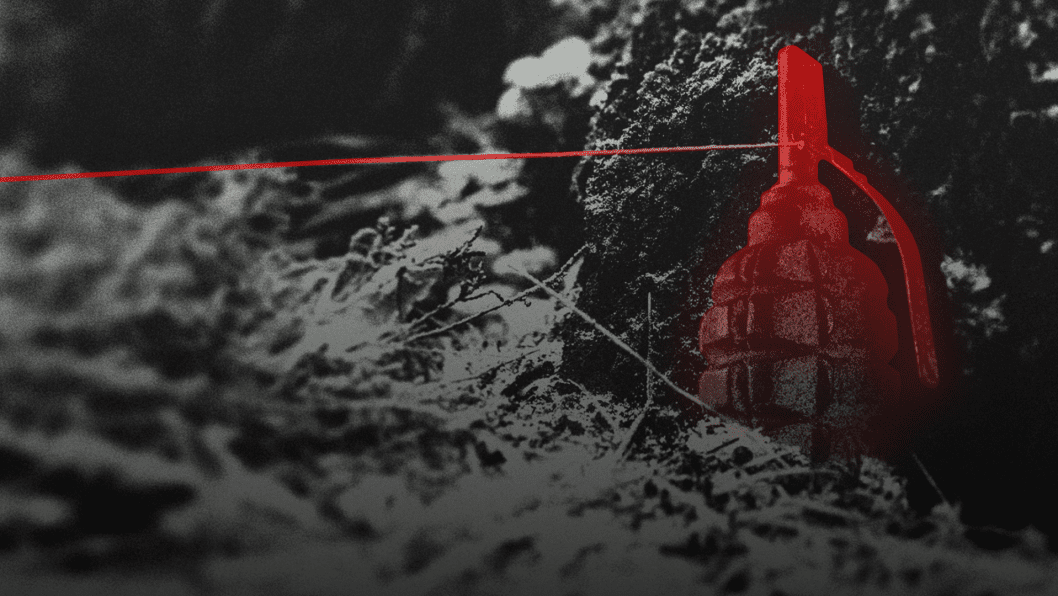

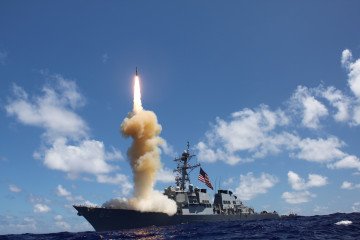
-c439b7bd9030ecf9d5a4287dc361ba31.jpg)
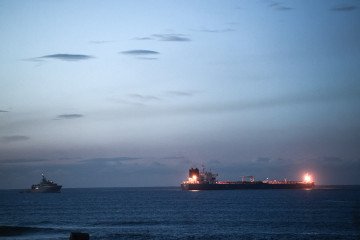

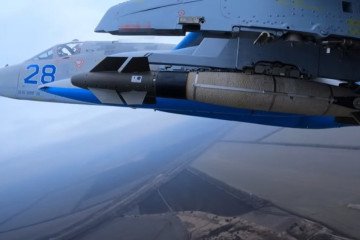

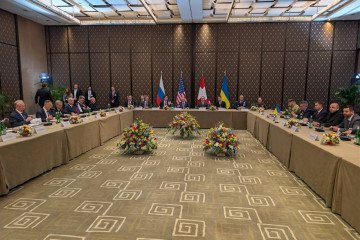
-72b63a4e0c8c475ad81fe3eed3f63729.jpeg)